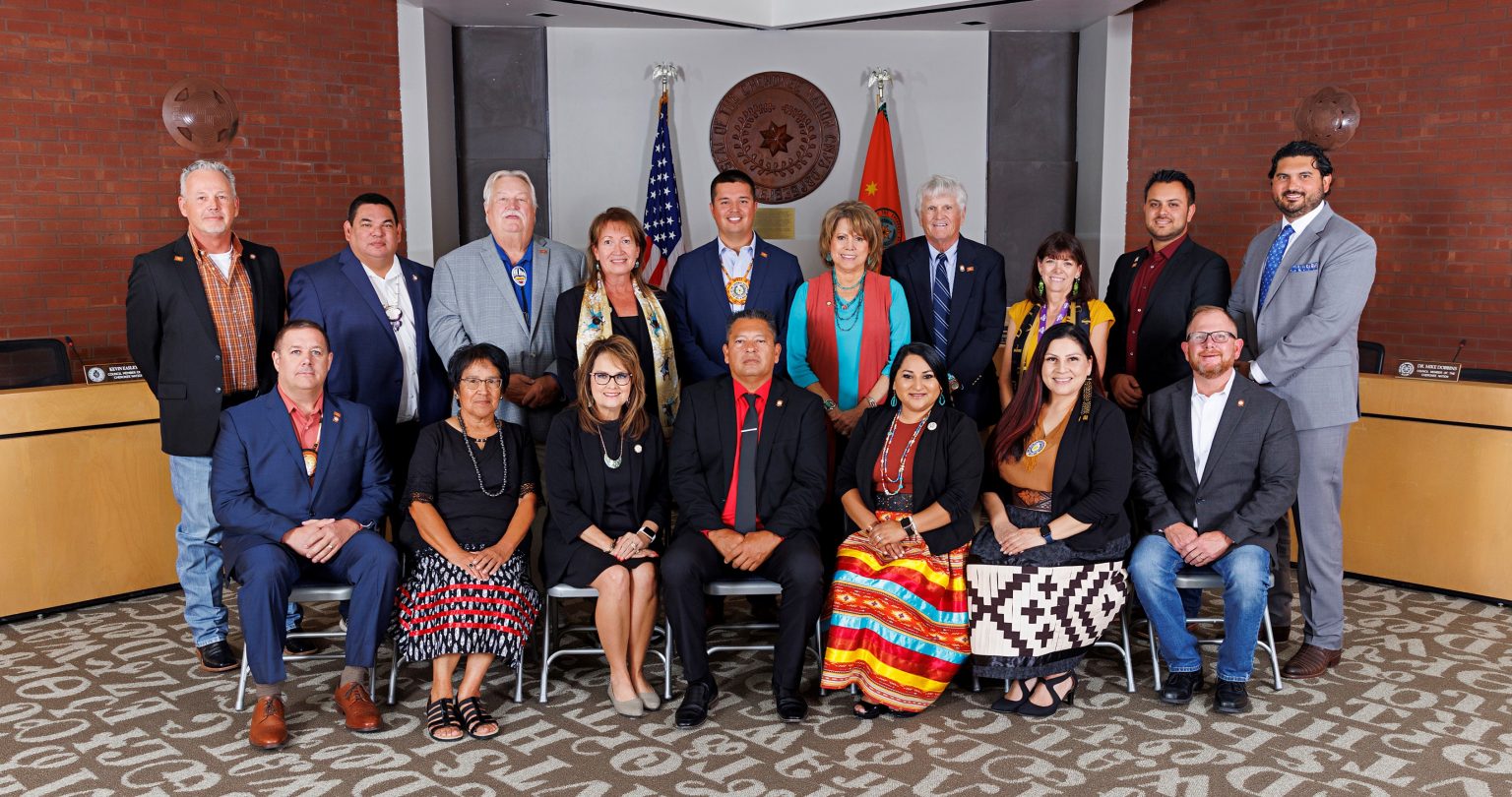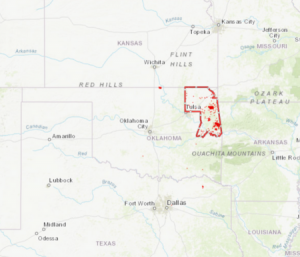The UKB is a federally-recognized Indian tribe headquartered in Tahlequah, Oklahoma, that resides within the boundaries of the Cherokee Nation Reservation. The UKB maintains a separate tribal government and existence.
The UKB did not exist until the mid-20th century. In 1946, the U.S. Congress authorized UKB to organize. The UKB received approval of their corporate charter in 1950. Long before that, in the late 19th and early 20th centuries, there were many voluntary social or traditional organizations of individual Cherokees who described themselves as “Keetoowah.”
But other than the shared use of the “Keetoowah” name, there is no historical evidence connecting the UKB tribal entity of 1950 to any of the earlier Keetoowah social organizations. In fact, in 1937, the United States Department of Interior Solicitor determined that the Keetoowah groups were not an Indian tribe.
According to the Solicitor in 1937, “the Keetoowah Society is an organization of full-blood Indians which originated almost a century ago for the preservation of Indian culture and tradition…while the name is derived from an ancient Keetoowah town or band of Cherokee Indians in what is now North Carolina, there is no historical connection between the society and the band; there exists only a cultural and mystical relationship with the early group.”

